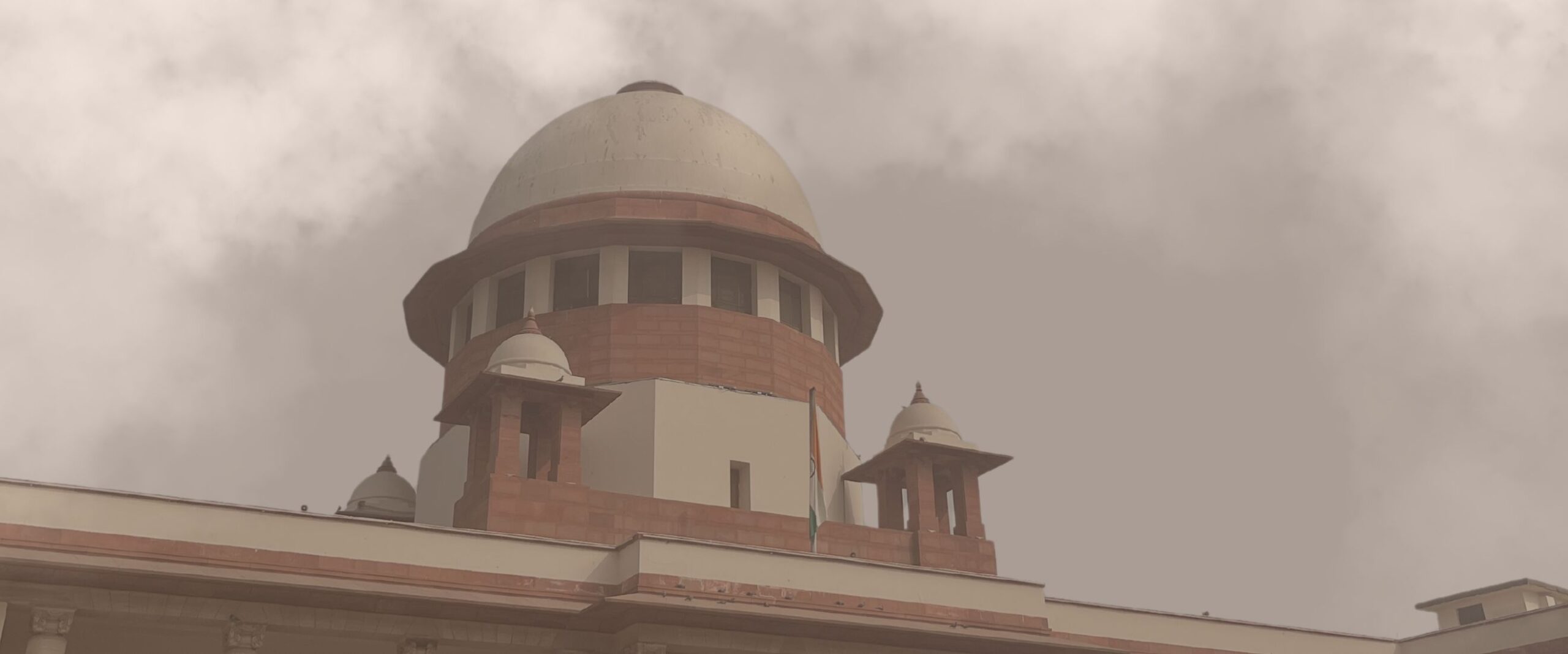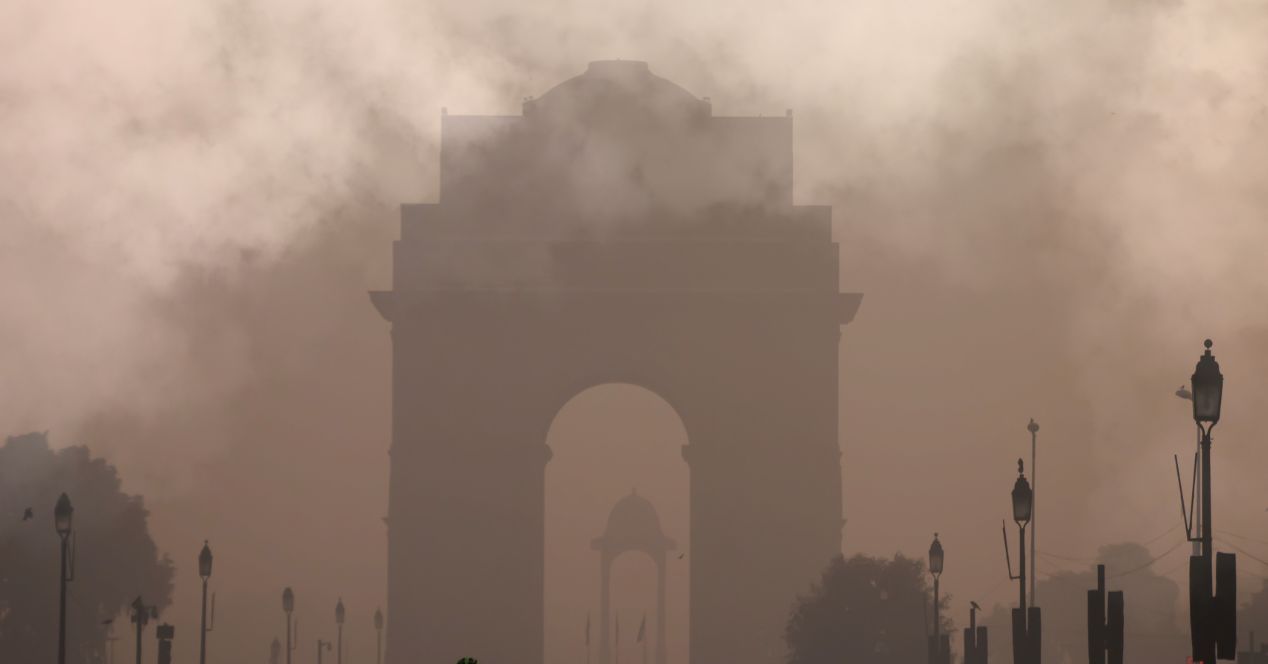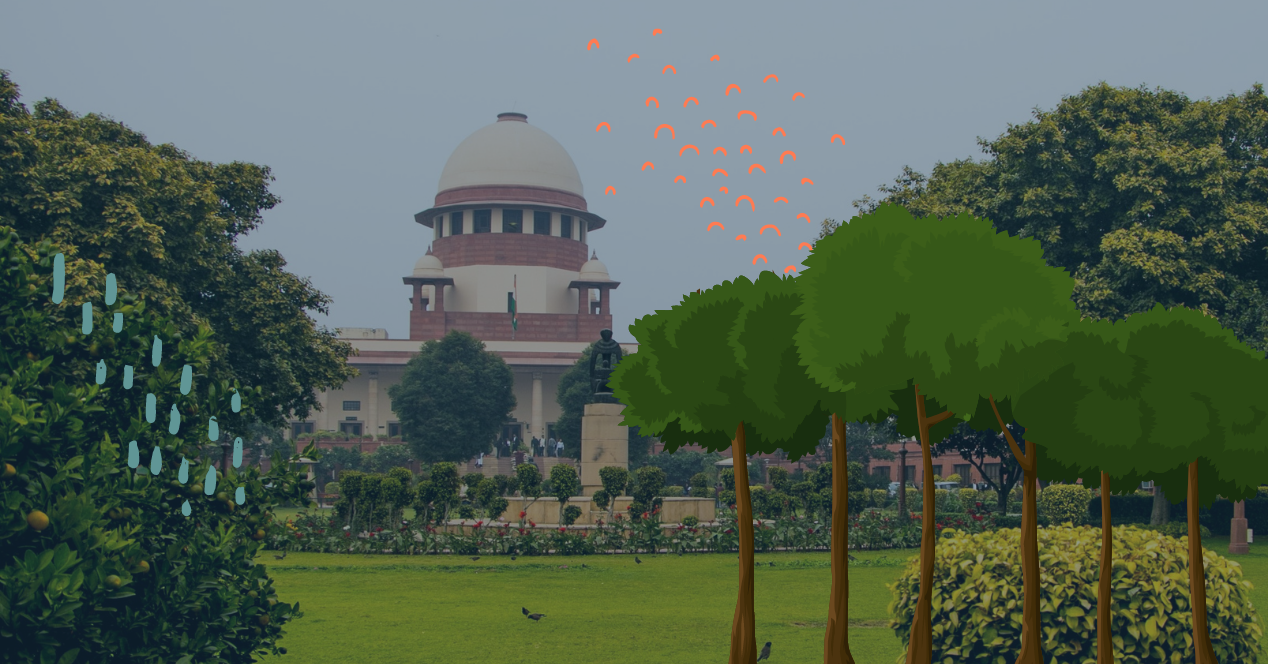Analysis
“No earnest effort to implement…”: SC cracks down on negligence amid Delhi’s pollution crisis
A Division Bench bench flagged GRAP violations in Delhi, questioning police and state inaction as pollution continues to choke the capital

“What orders were passed to the police? What steps did the government take to inform the police to stop entry of trucks?… It is apparent that the authorities have made no earnest effort to implement the action under clauses 1 to 3 (of GRAP IV),” stated Justice A.S. Oka while rapping the Delhi Police and state authorities for their failure to implement State IV measures under the Graded Response Action Plan (GRAP). The Division Bench comprising Justices Oka and A.G. Masih made these comments after referring to reports by 13 Court-appointed Commissioners which flagged serious lapses in curbing pollution, including violations of its orders to halt the entry of trucks into the capital.
Last week, the Court appointed Commissioners to ensure stricter checks at city entry points and directed schools in Delhi-NCR to shift online. The bench advocated for Article 21, the fundamental right to a pollution-free environment.
Supreme Court: “Negligence” on part of authorities
As per the reports, the Delhi police and the state government failed to comply with the Court’s directives to stop trucks from entering the city. The Commissioners’ reports revealed inadequate barricading and the absence of police personnel at many of the 83 checkpoints inspected.
Advocate Aparajita Singh, the Court-appointed amicus curiae, highlighted that most personnel at the checkpoints were deployed only after the Court’s direction from last week. Additional Solicitor General Aishwarya Bhati, appearing for the Union, countered that 23 checkpoints had been staffed. Justice Oka dismissed the explanation, calling it “negligence” and stated, “Your duty was to post people there and see that not even a single truck enters.” Additionally, the Court also directed the Commission for Air Quality Management (CAQM) to issue showcause notices to the Police Commissioner and other involved agencies under Section 14 of the CAQM Act, suggesting the possibility of their prosecution. Section 14 penalises non-compliance of provisions, rules, orders, or directions issued by the CAQM.
Counsels demand relief for school-going children and daily-wage labourers
The Court also heard broader concerns regarding education of children reliant on government and RTE schools. Many of these schools do not have online and distant learning facilities, leading to students depending only on offline classes. Senior Advocate Menaka Guruswamy recommended the improvement of school infrastructure, including air purifiers and midday meals. The Court directed the CAQM to consider relaxation of GRAP III and IV norms for educational institutions. These norms deal with suspension of physical classes for schools and colleges in response to severe air pollution levels. Particularly, schools with no online facilities were identified as priority cases for relaxation. The Court also asked the Commission to consider hybrid classes for students with respiratory or other health concerns. Senior Advocate Shadan Farasat raised concerns about the environmental impact of reopening schools as it will lead to an increased public and private transport usage.
Barring educational institutions, the Court did not agree to any relaxation under GRAP. “Unless the Court is satisfied that there is a consistent downward trend of AQI, we cannot permit the Commission to go down to Stage II or III,” the bench noted. The Commission was instructed to provide updated AQI data from 20 to 24 November to assist the Court in determining the continuation of GRAP IV measures. As per the Central Pollution Control Board, as of today [25 November], the AQI in Delhi was at 349. Last week, the AQI was at 494 when the Court first heard the case.
Counsel also raised concerns regarding labourers and daily wagers who were facing financial struggles due to the stoppage of construction work in the National Capital Region (NCR). The Court ordered all the states in the NCR region to take “mitigating measures” and utilise labour cess funds for the welfare of the construction workers.
The top court has been monitoring the air pollution crisis in Delhi since 1984 in an ongoing Public Interest Litigation—M.C. Mehta v Union of India. The next hearing is expected to take place on 28 November, Thursday.




